Foods That Age You

Spicy Foods
Some like it hot … and some can’t take the heat. Spicy food makes your blood vessels swell and even break, leading to purple marks on your face. If you have rosacea -- common in women after menopause -- the heat from spice can trigger a flare-up. It also raises your body temperature, so you sweat to cool back down. When sweat mixes with the bacteria on your skin, it can cause breakouts and blotches.
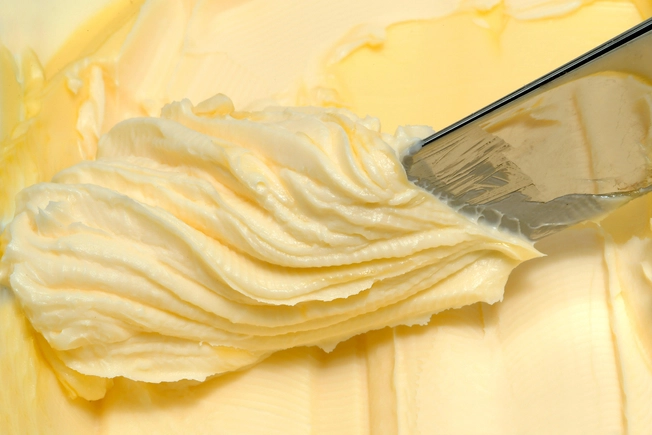
Margarine
Your skin is the largest organ in your body, and everything you eat affects it. Most margarines, especially the solid kind, have trans fats. They raise your “bad” cholesterol, lower your “good” kind, and create inflammation throughout your body. Inflammation is linked to heart disease and stroke, two conditions that can give you an aged appearance.
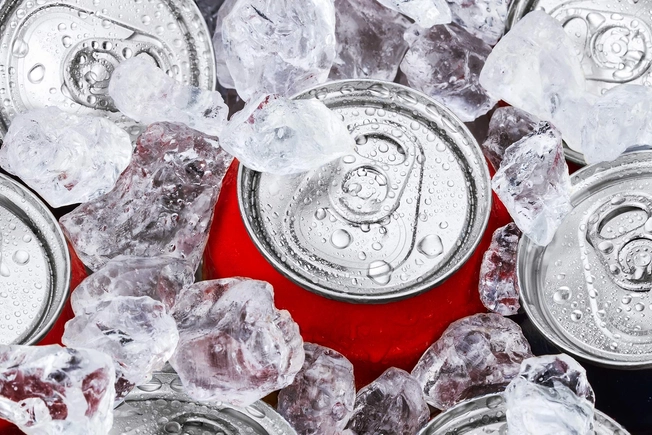
Sodas and Energy Drinks
The more sodas and energy drinks you consume, the quicker the cells in your tissues age. In addition to the fizz, they have more calories and added sugar -- 7 to 10 teaspoons in 12 ounces -- than any other beverage. Combined with the bacteria in your mouth, that sugar also forms acid that wears down your tooth enamel and causes decay. Other cons include weight gain and a higher risk of stroke and dementia.

Frozen Dinners
One frozen dinner can pack in half the sodium of a healthy daily diet. When you have too much salt, it causes you to drink more than normal and flood your kidneys. Any extra water will move to places in your body that have less salt, like your face and hands. That’s what makes you look puffy.

Alcohol
Those margaritas don’t look as good on your skin as they did in the glass. If you’ve ever had cotton mouth in the morning after a night of drinks, you know alcohol dehydrates you. This makes a big impact on your skin, which is 63% water. Even if you drink a big glass of water, it will hydrate all your other organs before your skin. When you don’t get enough, your skin looks and feels dry, and can’t defend itself against wrinkles.
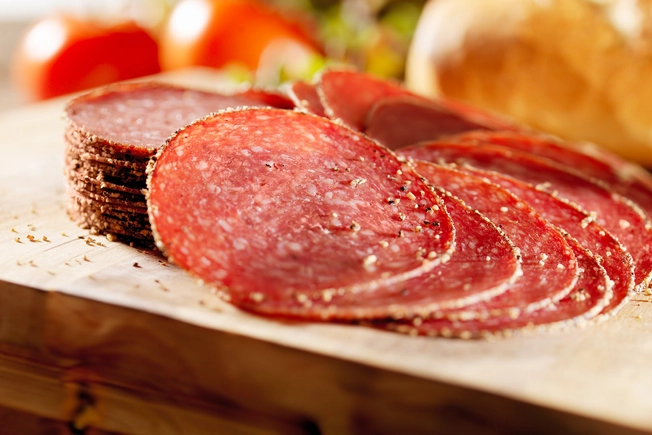
Processed Meats
Put down the pepperoni: Processed meats, like bacon, sausage, ham, and deli cuts, are smoked, cured, or salted so they’ll last longer without going bad. It’s what makes them both delicious and dangerous. The sodium and chemical preservatives cause inflammation that can wear your body down inside and out. A little inflammation is good: It helps your cells heal. Too much can cause heart disease, stroke, and diabetes.

Fried Foods
The difference between dough and a doughnut is a nice long bath in boiling oil. That bath promotes free radicals, or unstable molecules that damage other molecules in your cells and add years to your skin. You can also find free radicals in other fried foods like french fries, hush puppies, and mozzarella sticks.

Baked Goods
Just because they’re not fried doesn’t mean they look good on you. Baked goods like cookies and cakes are high in artery-clogging fat that put on the pounds. They also don’t skimp on sugar, which in excess can cause diabetes, high blood pressure, and tooth decay (among other things). Inflammation is another reason to skip that sundae. The more inflammation you have, the higher your chances of arthritis, depression, Alzheimer’s, and some cancers.

Charred Meats
How this for an acronym? Frying or grilling meat at high temps creates advanced glycation end products, or AGEs. Low levels of AGEs are fine (your own body produces them), but high amounts from charred meats cause inflammation that “inflammages” your body and triggers heart disease and diabetes.
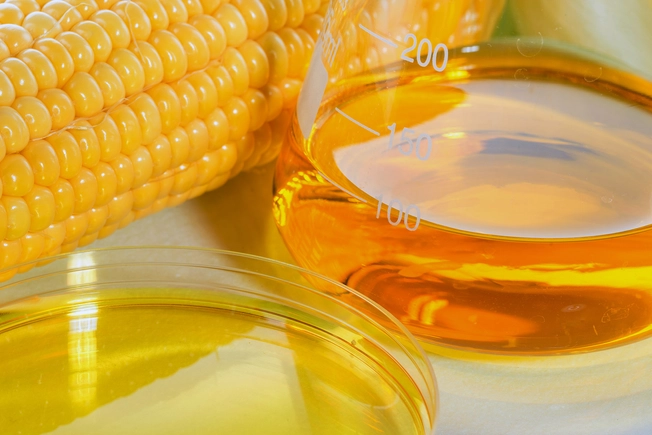
High-Fructose Corn Syrup
Table sugar’s chemical cousin, high-fructose corn syrup, sweetens sodas and fruit drinks. Among many other health drawbacks, it interferes with your body’s ability to use copper, which helps you form the collagen and elastin that keeps your skin healthy. It’s also full of calories and puts you at risk for diabetes and heart disease.

Caffeine
Caffeine is a diuretic: It stimulates your brain and your need to urinate. This can cause dehydration. When you don’t have enough water, your skin stops releasing toxins. The backup makes you more prone to dry skin, psoriasis, and wrinkles.
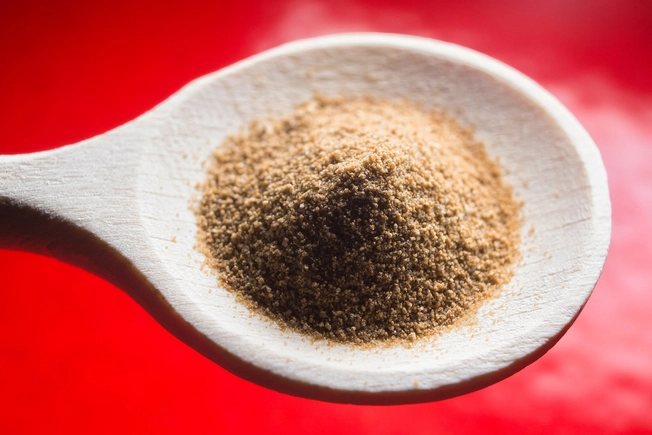
Agave
Though it’s better for your body than artificial sweeteners, agave is 90% fructose, a type of sugar that can be broken down only in your liver. When your liver is overworked, it turns fructose to fat and makes more free radicals, the compounds that damage your cells.
